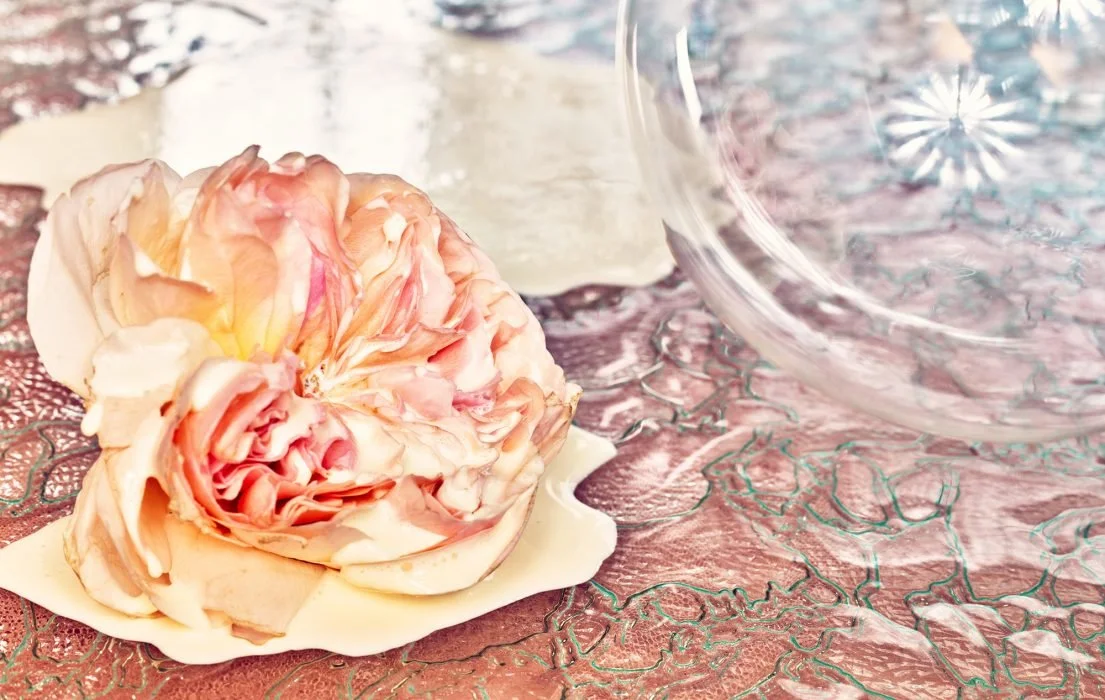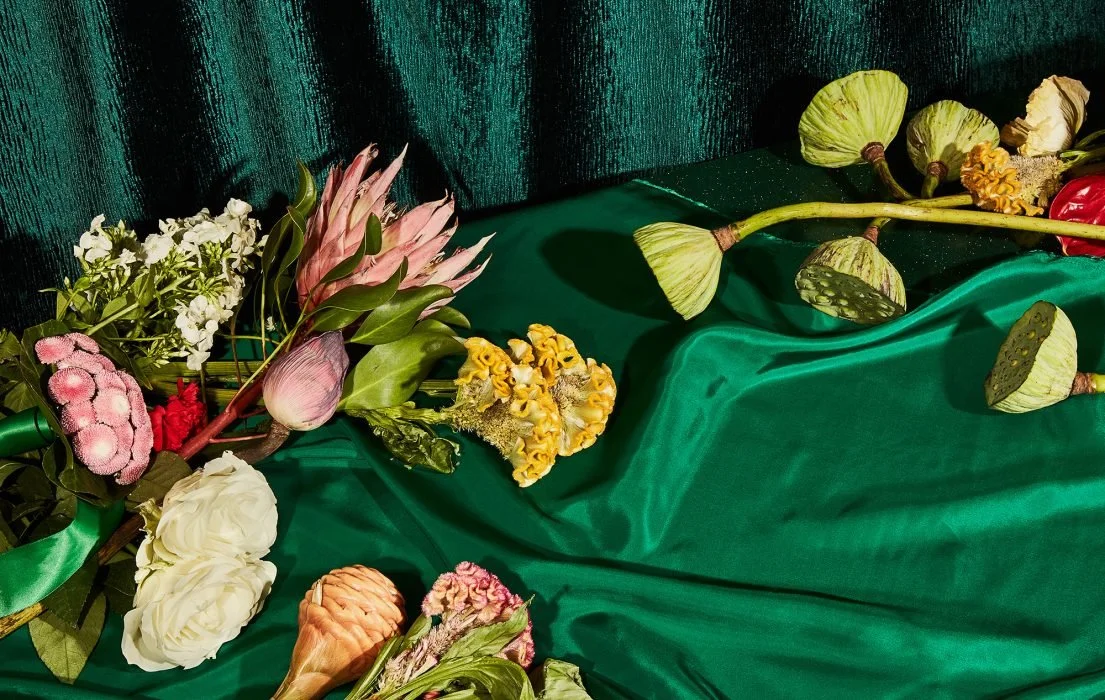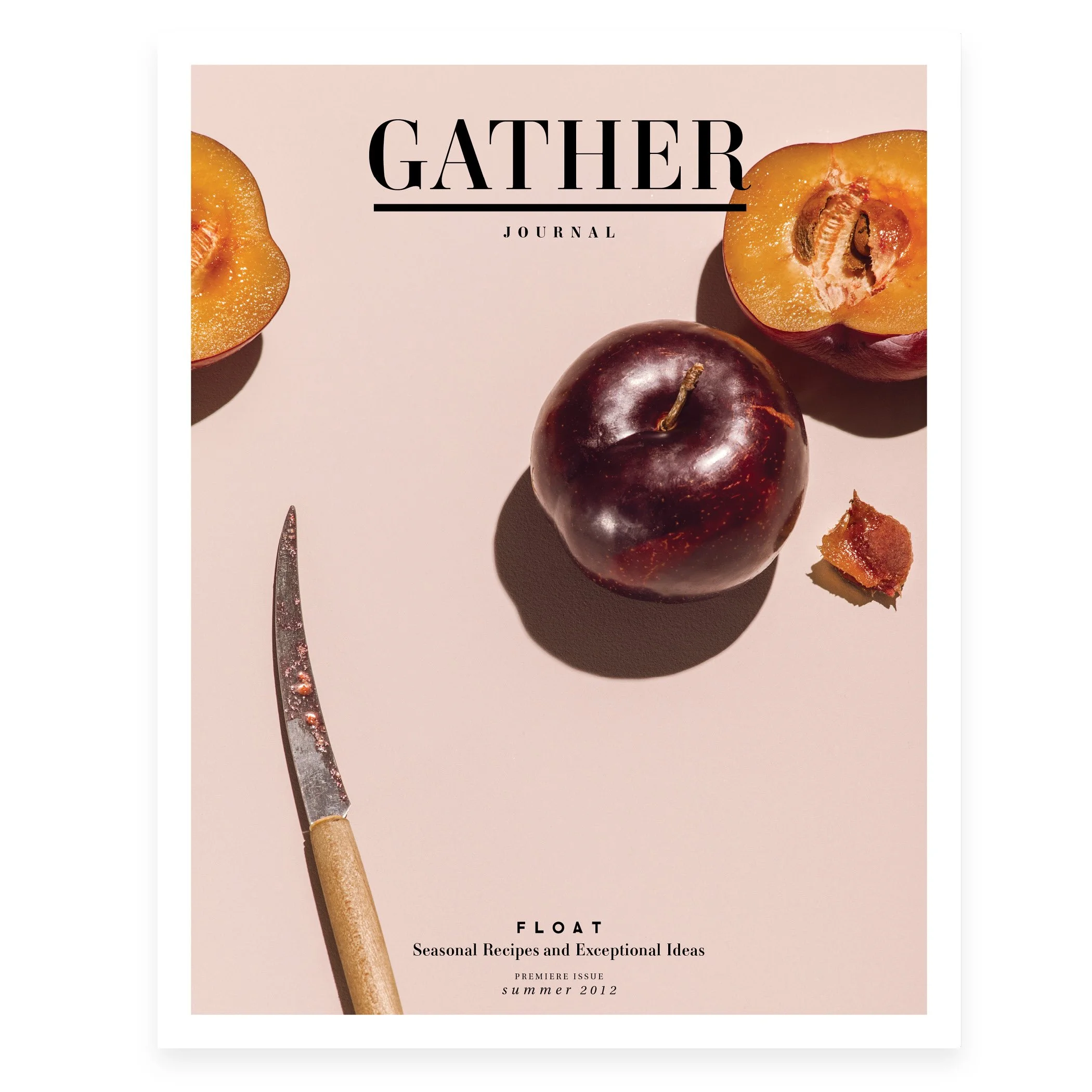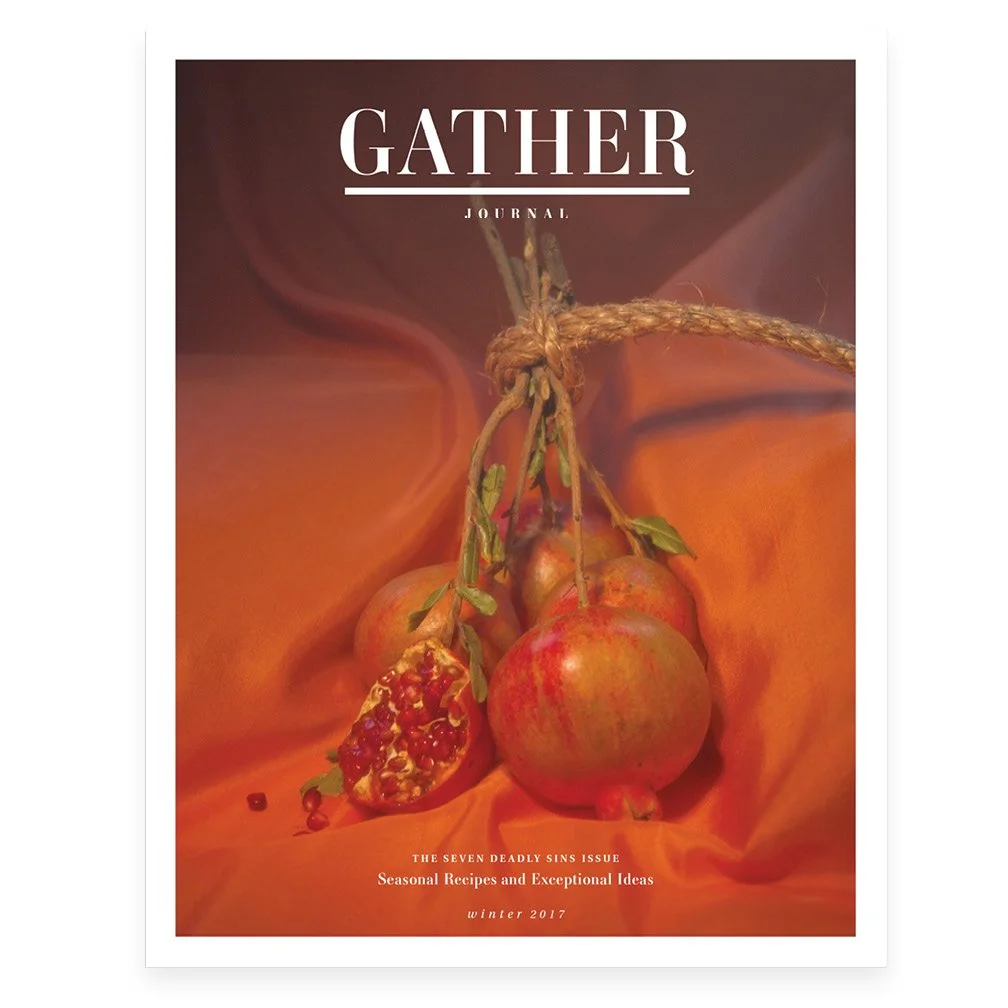




Gather Journal is a recipe-driven magazine dedicated to the aspects of gathering: to dine, drink, harvest, and cook. Designed to inspire and to last.
PRESSING PAUSE ON GATHER
We’ll be taking a hiatus from producing issues of Gather to give ourselves some space and time to generate new ideas and explore different possibilities. We hope you’ll stay tuned! In the meantime, you can keep up with us on Instagram @gatherjournal and online at gatherjournal.com.
Shop

Sold Out
Issue 1, Summer 2012, Float
Sale Price:$9.99 Original Price:$19.99
Sale Price:$9.99 Original Price:$19.99
One is never enough! Stock up on the Gather issues you may have missed or give them as a gift.
ISSUE BUNDLES
Shop


















